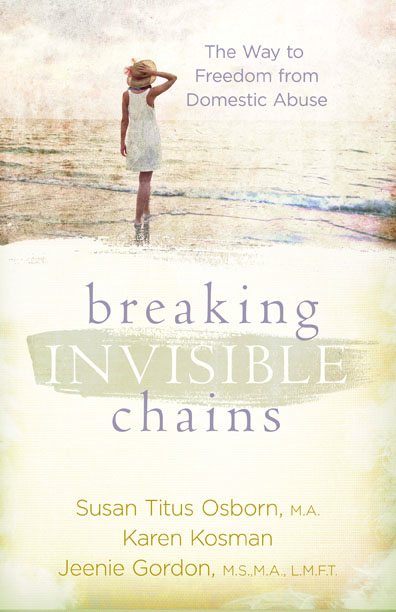We will continue discussing dialogue:
Once you have a detailed character sketch of your main character, you will know how he will react in certain instances. You will be aware of his feelings, ideas, and beliefs. His personality will come out in his speech. He will help you write the dialogue, because if you know him, you will know what he will say. As your readers gets to know your main character, they will know what the character will say, too. If your main person acts out of character, your readers will know and will feel something is wrong. Also, be careful not to contrive your character’s speech or have him preach. The readers don’t want to be talked down to—either by you or the main character. We teach our readers lessons by what the main character learns, not by lecturing them.
These suggestions also apply to the minor characters to a lesser degree. When you write a novel, the minor characters are more developed, and these points become more relevant to them. In a short story, whether true or fictional, you don’t have much room to develop more than one or two characters with any depth. Usually the readers will identify with the main character, so he becomes your vehicle for getting your message across. The most powerful way to accomplish this is through his actual spoken words.


